We’re excited to introduce you to the always interesting and insightful Bruce Blumentritt. We hope you’ll enjoy our conversation with Bruce below.
Bruce, looking forward to learning from your journey. You’ve got an amazing story and before we dive into that, let’s start with an important building block. Where do you get your work ethic from?
During my pre-teen and teenage years, there were three important people who taught ne the value of a good work ethic – my stepfather, my auto mechanics teacher, and especially my maternal grandfather, taught me the importance of a great work ethic. As an adult, two workplace experiences enhanced this learning.
My stepfather grew up with a large family on a farm with no electricity or running water, until he and his dad dug a quarter-mile long trench and laid pipes to a reach a hillside stream to get water into their house. He was the ultimate mister fixit, and did all maintenance chores around the house himself, teaching me in the process. He could fix anything, and he worked two jobs to support us. When the newspaper acquired a used newspaper folding machine (with no manual), that broke down often, he figured out how to fix it. I learned the importance of doing the job right so the work will last, and the satisfaction that comes from completing a job well done.
My high school auto mechanics teacher taught us to use the right tool for the job, how to perform accurate troubleshooting, that the job is not over until all the cleanup work is done, and to do a thorough job, over and above. A prime example of this would be a tune-up, back when that involved replacing the spark plugs and ignition components. He taught us that the first job was to clean and dress the battery terminals, because if the car won’t start soon after the tune-up, the customer will be upset that you didn’t do a thorough job.
The summer I turned 14, I worked for my grandfather, who had a Coin, Camera, and Stamp shop in Rice Village in Houston. He taught me customer service, how to count change, and how to add columns of numbers quickly in my head. While the most fascinating aspect was the conversations with his regular customers, who were all in their 60s or older, the most important lesson was that “the customer is always right” (even if they’re wrong). Without delighted customers, you will soon have no customers. More on that later.
While in my 30s, and working for a maintenance hardware company, using the right tool for the job and having the right tools and parts at the right time were two important lessons that stayed with me, along with the earlier lessons.
A few years later, because I excelled at understanding and meeting the stringent demands of aerospace and defense customers, I was put in charge of Quality Assurance. I took night classes, earned all “A”s, and led the company to ISO9001 certification. Exceeding Customer Expectations is a hallmark of high-quality work, as is the concept of “Say what you do and Do what you say.” Every procedure, process, and work instruction, is written down, as following a thorough work instruction leads to zero defects. A prime example would be airline pilots, who, even after thousands of flight hours, go through a checklist before takeoff to ensure that everything is good to go.
Error-free products, a thorough job and personal customer service ensure delighted customers, and delighted customers ensure continued business. As a builder of guitar amplifiers, I use this process with every amp. Each build has a detailed parts list, a complete electrical schematic diagram, and a full-color, 1:1 scale layout drawing. This is called “Build to Print”, meaning that each amplifier is built exactly according to the documents. I have a “First Startup” document that I use to start up each new build, and I go through the process checklist each time, and every time.
To summarize: I had a long history of teachers and examples to instill a work ethic, which I consider vital for my work. Do the job right the first time. Do what you say, and document what you do. Ensure error-free repeatability of each task. The most important thing is to know who your boss is. Your customer? Your spouse or partner? The Lord God Almighty. Know who you’re working for.
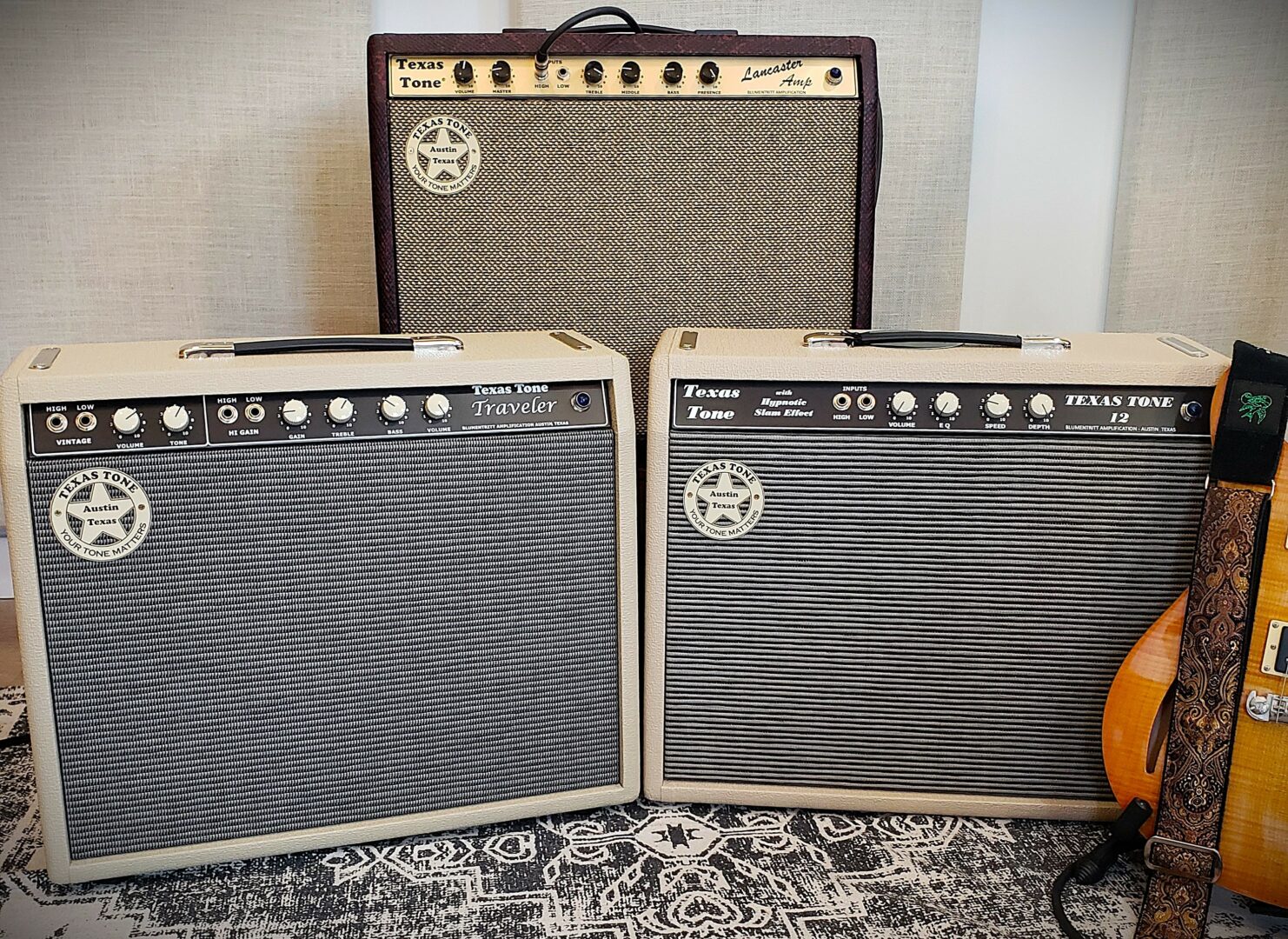

Appreciate the insights and wisdom. Before we dig deeper and ask you about the skills that matter and more, maybe you can tell our readers about yourself?
As a gigging guitarist, I was constantly searching for just the right guitar and amplifier that could approach the sound I heard in my head. Bandmates commented on how often I changed guitars, and I went through quite a few before finding just the right one. While the right amplifier eluded me, when I finally undertook to build my own, I knew I was there. As a musician, there’s nothing more satisfying than playing through an instrument, hearing it, and saying to yourself, “Yes, that’s it!” And that’s the way it is with Texas Tone Amps. Whenever a new build is completed, all the testing is done, and I play through it the first time, I still get that feeling, of “Yes, that’s it!” Now I know it’s ready for my customer.

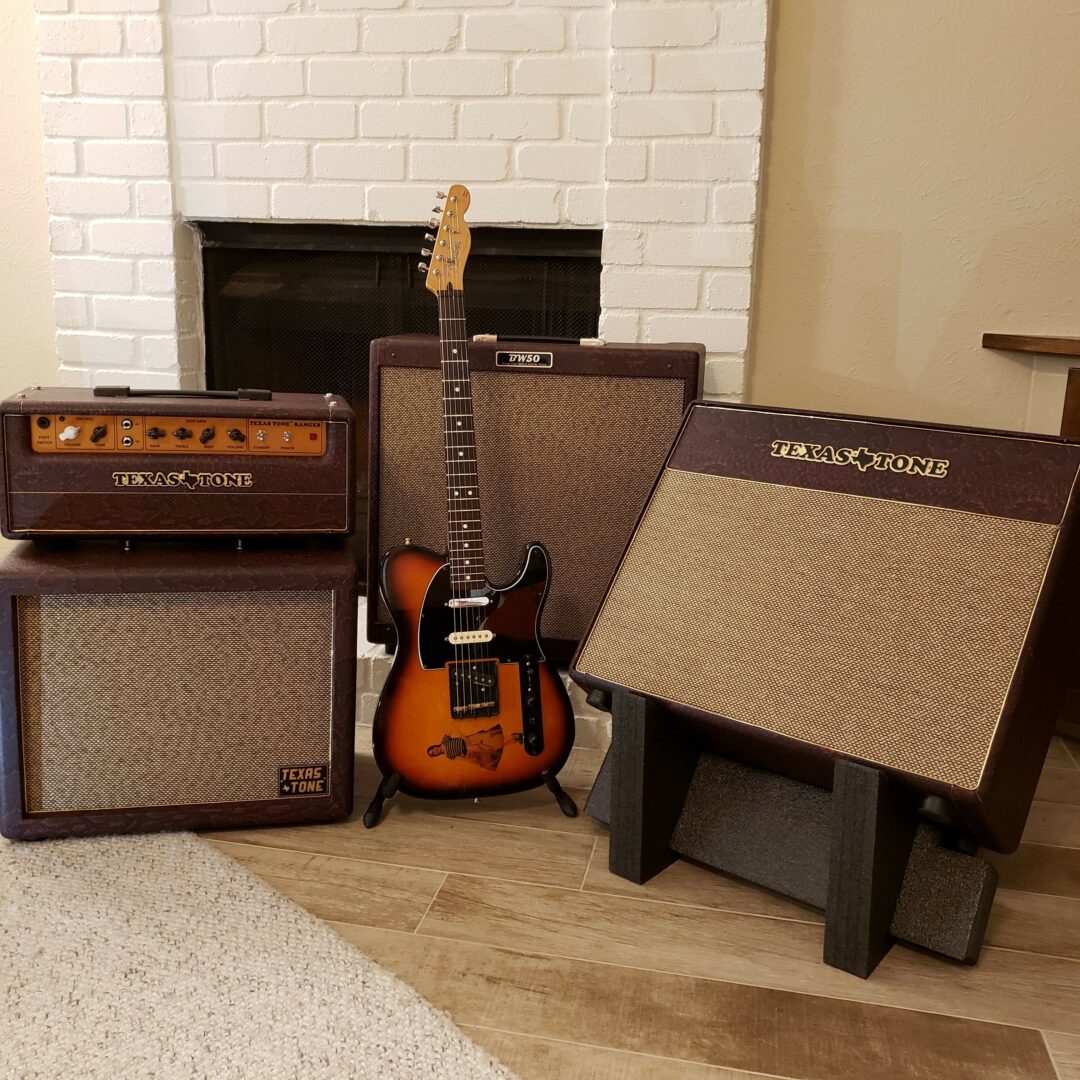
There is so much advice out there about all the different skills and qualities folks need to develop in order to succeed in today’s highly competitive environment and often it can feel overwhelming. So, if we had to break it down to just the three that matter most, which three skills or qualities would you focus on?
The most important thing about building guitar amplifiers is Tone! That being said, the most important qualities are high quality parts and sturdy build techniques, because I want the build to last, and so does my customer. The most important skill is the Build to Print process. Define what the build is, document it fully, and build according to a checklist. This can apply to almost any endeavor, not just hard goods. My mother was an artist, a painter. Even in her creative process, far separated from mine, she still had to make sure that she had all her tools and accessories on hand, along with the time allotment. Even something as intangible as songwriting of poetry can benefit by a good process. Musicians, especially, can improve their craft through directed practice. One famous guitarist practices six hours a day, using specific tasks of scale and chord exercises, ear training, sight-reading, music theory, and more.
Practice makes permanent. Perfect practice yields perfect results.
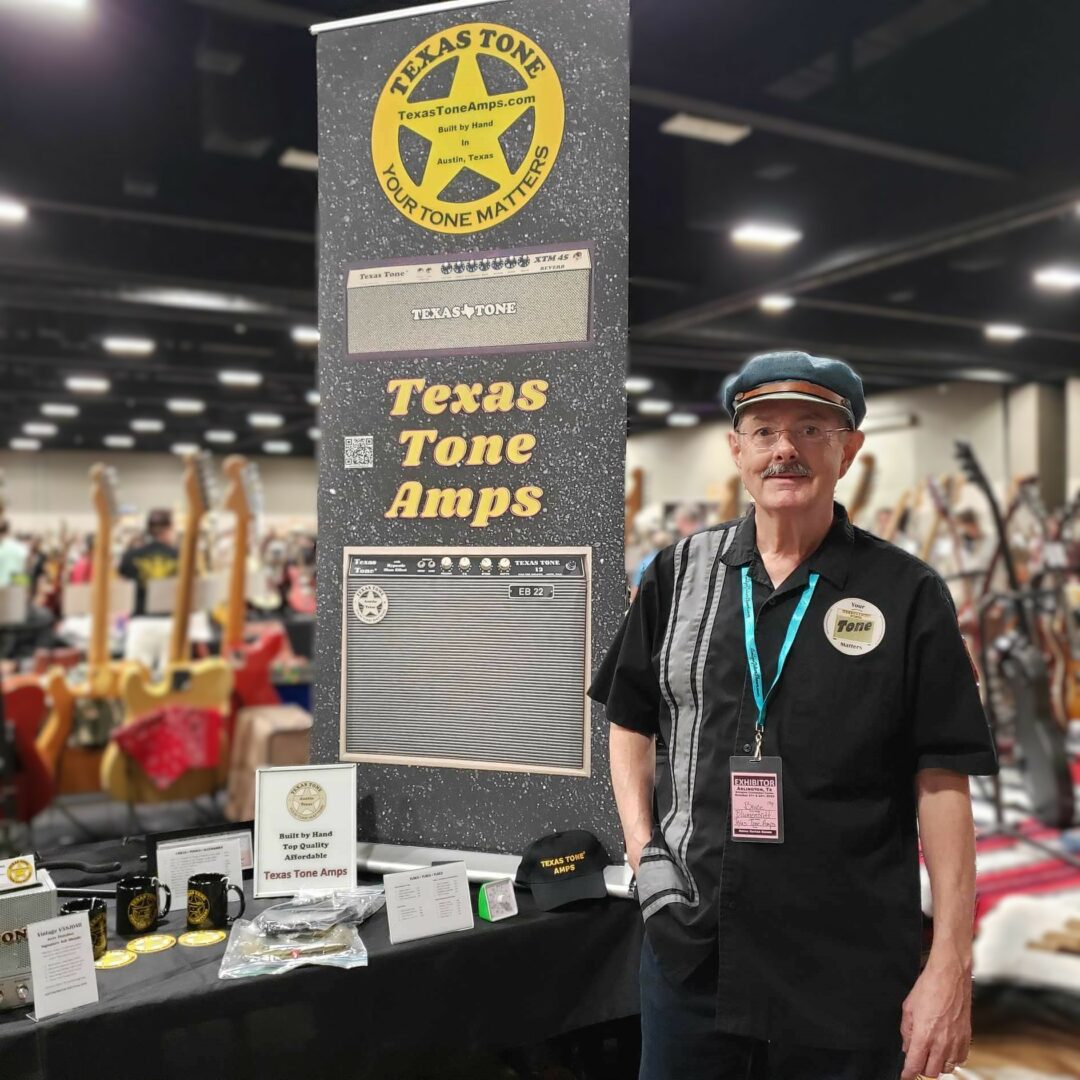
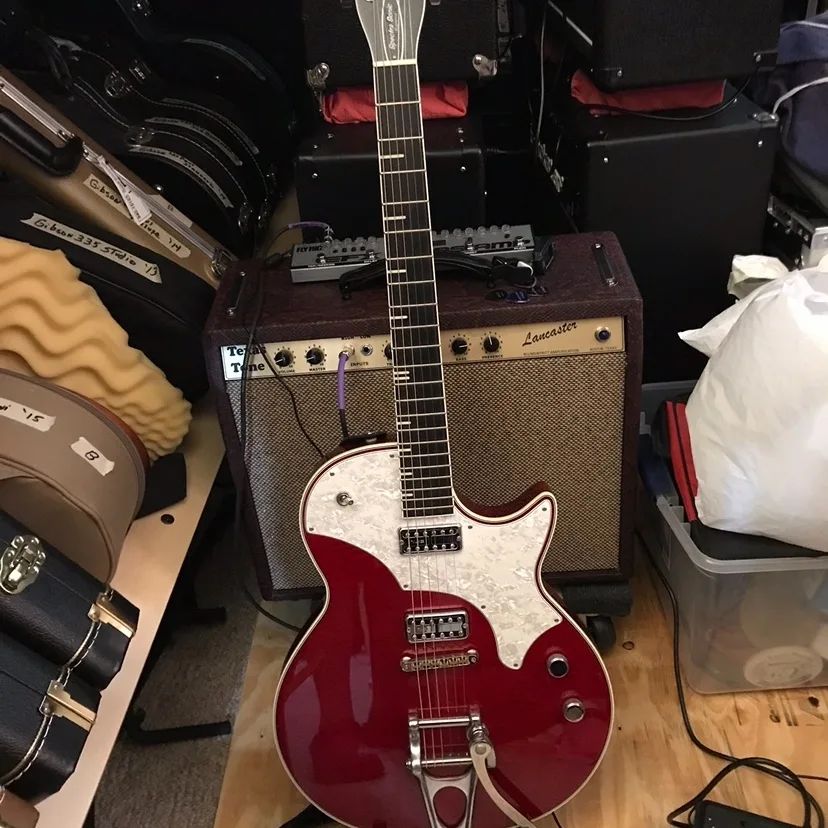
What do you do when you feel overwhelmed? Any advice or strategies?
As I’m sure many others do, I often feel overwhelmed by the sheer number of tasks laid before me, even if there’s no looming deadline. In this, I tend to utilize puzzle-solving techniques or troubleshooting techniques. If you’ve ever tried to solve any kind of puzzle, having a process helps. With jigsaw puzzles, I work on corners and edge pieces first and then group others by color or content. Logic puzzles require a different process, which is most useful in overcoming that overwhelming feeling.
First, what’s the end result? Getting this object from here to there. Okay, what’s in the way? This red thing. What’s in the way of the red thing? The blue thing. And, what’s in the way of the red thing? Oh, it’s the green thing. I see, I need to move the green object in order to move the blue one, and once I move the blue one, I can move the red one, and once the red one is out of the way, the puzzle is resolved. Voila!
In a comparable way, I look at the tasks that seem overwhelming. Which one is the most important? Which one is the quickest or easiest? Sometimes, I do the quickest/easiest first so that, okay, now I’ve accomplished something, and that makes the rest seem more doable. Some tasks take time, and while one task is brewing, you can complete another that will take less time than the brewing task.
There’s an old saying that the journey of a thousand miles begins with one step. Take those overwhelming steps one at a time, breaking them down, prioritizing them, and accomplishing one and then moving to the next. Take breaks, but no longer than 5 to 15 minutes at the most, as long breaks take you off target. Keep on task.
Contact Info:
- Website: http://texastoneamps.com/
- Instagram: https://www.instagram.com/texastoneamps/
- Facebook: https://www.facebook.com/TexasToneAmps/
- Linkedin: https://www.linkedin.com/company/texas-tone-amps/
- Other: http://www.blumentritt.us/
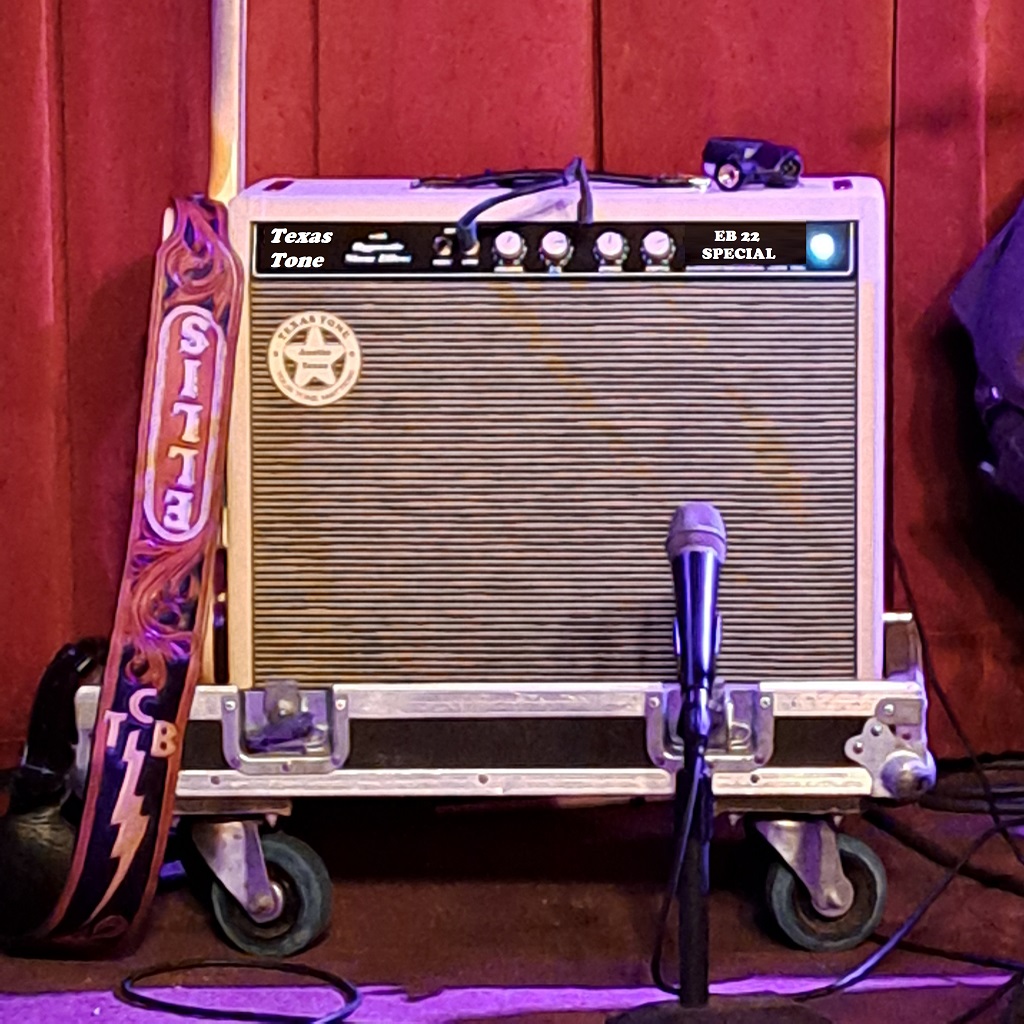

Image Credits
B&W stage photo of Ellis Bullard courtesy of Lee Wade Photo. Used with permission.
so if you or someone you know deserves recognition please let us know here.




